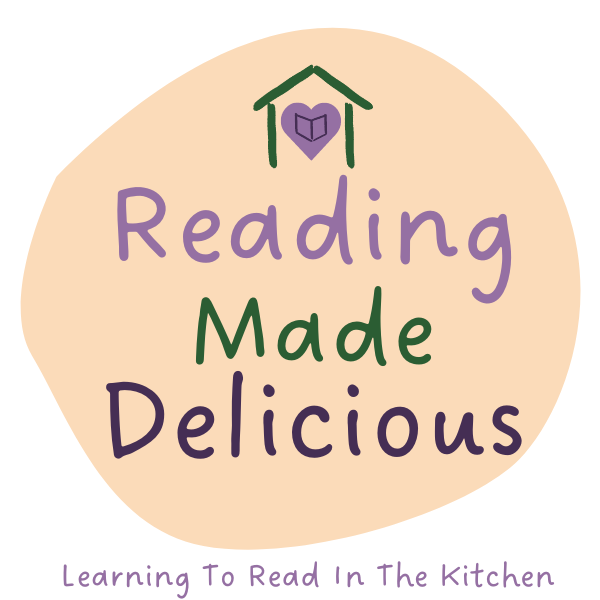Supporting Phonics Learning Using Mnemonics
Apple Podcasts – Spotify – Amazon Music – Google Podcasts
In this podcast episode, we delve into the topic of phonics, specifically the use of mnemonics in early reading development. We discuss the benefits of using phonics and mnemonics in teaching children how to read, and touch on different phonics programs available. We also offer guidance on what to look for when choosing a phonics mnemonic set, including how they can help with writing.
In this episode about using mnemonics with phonics, you will learn:
What Are Mnemonics?
Mnemonics are pictorial and rhyming associations used to help children remember the sounds of letters and words. You may have come across phonics flashcards or cards with letters and corresponding pictures on them. These mnemonics are designed to create a visual and auditory connection, making it easier for children to remember the shape of a sound and its associated letter(s).
Importance of Mnemonics in Phonics:
Mnemonics serve as memory joggers for children, providing them with hooks to associate sounds with letters. They not only aid in recognizing the shape of a sound but also help children develop their handwriting skills. Mnemonic associations are an easy prompt for retrieval, particularly when using flashcards. By quickly flipping the cards and seeing the pictures, children can make immediate connections, reinforcing their understanding of phonics.
Benefits of Mnemonics in Reading:
1. Enhanced Memory: Mnemonics provide an additional visual and auditory cue, making it easier for children to remember the sounds of letters and words.
2. Reinforcement: Consistency in using the same mnemonics for a particular sound reinforces recognition and association.
3. Handwriting Patterns: Mnemonics help children understand the shape of a sound, aiding in the formation of letters and handwriting skills.
4. Tactile Learning: Some reading programs incorporate a movable alphabet, allowing children to physically feel the sounds and further enhance their learning experience.
Choosing the Right Mnemonic:
When selecting a phonics program with mnemonics, it is essential to consider a few factors:
1. Accent: Ensure the program’s mnemonics align with the accent you use, as some words and pictures may differ based on pronunciation.
2. Sense-Making Pictures: Check if the pictures used in the mnemonics make sense to your child’s understanding and are relatable to their environment.
3. Program Reliability: Opt for a well-established program that has proven success in teaching phonics to a large majority of children. Look for programs that incorporate handwriting patterns for comprehensive learning.
Links mentioned in this episode about phonics support with mnemonics:
Reading Made Delicious Resources to help support you
- Download the ultimate guide to using recipes for learning to read and get started with helping your child.
- Check out the latest read-to-cook recipes and reading support here
Join our Reading Made Delicious Podcast Community to grow your child’s reading and early learning:
Send me a DM on Instagram. I love chatting with families (and other educators). So send me a message about using mnemonics for supporting phonics and learning to read.
Enjoying the podcast? Thanks for tuning in!
Tag me @reading_made_delicious on Instagram and tell me what you are listening to! I love seeing what resonates most with our listeners!
I don’t want you to miss a thing! Be the first to know when an episode is available by subscribing to your favourite player here Apple Podcasts – Spotify – Amazon Music – Google Podcasts
If you would like to support the Reading Made Delicious Podcast, it would mean so much to me if you would leave a review on iTunes. By leaving a review, you are helping more families to find this and help support their child’s learning journey.
To leave a review on iTunes, click here and scroll down to ratings and reviews. Click ‘write a review’ and share with me how this podcast is helping you grow your child’s learning.
Ready for more? Listen to these Reading Made Delicious Podcast Episodes next:
Content Disclaimer
The information contained above is provided for information purposes only. The contents of this episode are not intended to amount to advice and you should not rely on any of the contents of this podcast. Professional advice should be obtained before taking or refraining from taking any action as a result of the contents of this podcast. Sarah Travers disclaims all liability and responsibility arising from any reliance placed on any of the contents of this episode.

